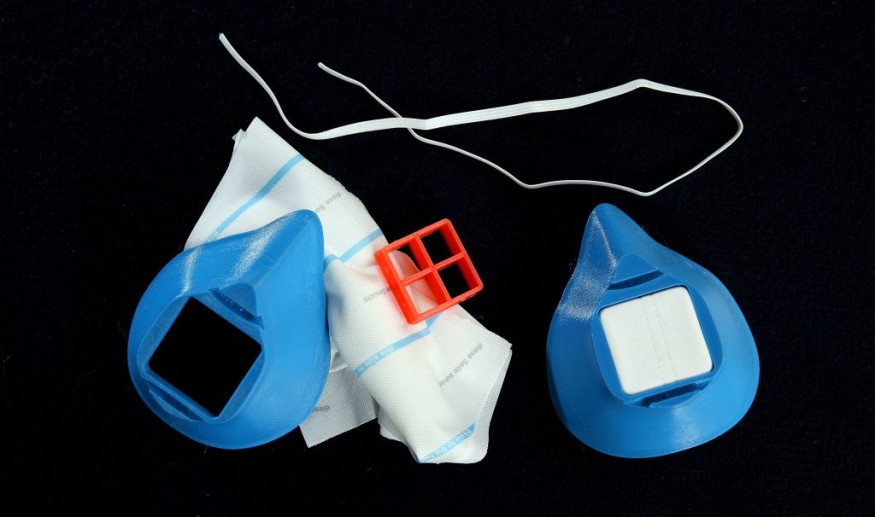After similar prohibitions in South Australia, Western Australia, New South Wales, and the ACT, Victoria outlawed plastic straws as well as plastic crockery and polystyrene containers. Australia's lightweight single-use plastic bags are currently prohibited in all states and territories.
You might be perplexed as to why we must outright forbid certain goods. Why not just make them from bioplastics, which are typically made from plants? According to some research, we could replace up to 85% of the plastics made from fossil fuels with bioplastics.
Regrettably, bioplastics are only suitable for use as food waste liners in kitchen caddie bins at this point. Australia lacks readily accessible pathways for processing or composting them once they have reached the end of their useful lives.
Differentiation between bio-based, biodegradable, and compostable

Plastics that are biologically based, biodegradable (including compostable), or both are collectively referred to as bioplastics, as per Phys.org.
Polymers, which are made of lengthy, repetitive chains of big molecules, are the basis for plastics. The basic ingredients used to create biologically based plastics include corn, sugarcane, cellulose, and algae. These molecules don't have to be formed of oil.
Plastics that can be broken down by microbes into elements found in nature are considered biodegradable.
Crucially, the term "biodegradable" in this context doesn't define how long or under what circumstances plastic will decompose.
When composted, compostable plastics biodegrade over a certain period of time. They can be licensed in Australia for either commercial or residential composting.
We must examine the entire plastic lifecycle, including its production, usage, and disposal, in order to fully comprehend this. When compared to polymers made from fossil fuels, manufacturing bio-based materials generally has less of an impact on the environment and emits fewer greenhouse gases.
It's not always the case like this. Because of the utilization of land, water, and agricultural chemicals, the production of plastic from plants has an impact on the environment.
A rise in the demand for agricultural land has the potential to reduce biodiversity and put a strain on the food supply.
Bioplastics frequently replace well-known single-use items including plastic bags, takeout coffee cups, and flatware. Almost 90% of the bioplastics sold in Australia are compostable according to certification.
The most environmentally friendly solution in the majority of these applications would be a reusable substitute.
Compostable bags for kitchen food waste caddies boost the rate of collection, which results in less food waste in landfills and fewer greenhouse gas emissions. These are only a few uses that have positive environmental effects.
Plastics that can be composted are made to decompose in compost. While some can be composted at home, others must be done in a commercial setting.
The issue is that most of the time, these plastics aren't composted. South Australia and certain councils in Hobart accept Australian Standard biodegradable plastics in their food and garden organics bins.
Access to these services is constrained elsewhere. Many local governments in other states allow food trash and green waste, but they expressly exclude compostable plastics (some accept council-supplied food waste caddy liners).
This means that the majority of biodegradable plastics used in Australia are disposed of in landfills, where they break down and release methane that is often not absorbed, as per UTS.
When replacing a plastic that is easily recyclable, like the PET used in soft drink bottles, utilizing bioplastics that cannot or will not be recycled or composted is not advantageous.
Where in Australia makes sense to employ bioplastics?
You're probably choosing a bioplastic product to cut down on plastic waste when you do so. Sadly, we haven't arrived yet. We require efficient methods for composting and recycling.
So, should we completely avoid them? This is a helpful alternative if you use compostable bin caddies and compost them at home or if your council accepts them.
Yet it's wiser to avoid using plastic altogether for the majority of other applications. The best choice is to use your reusable shopping bags and coffee cup.
Related article: Researchers Produce Bioplastic from Wood-Based Biopaste
© 2025 NatureWorldNews.com All rights reserved. Do not reproduce without permission.





